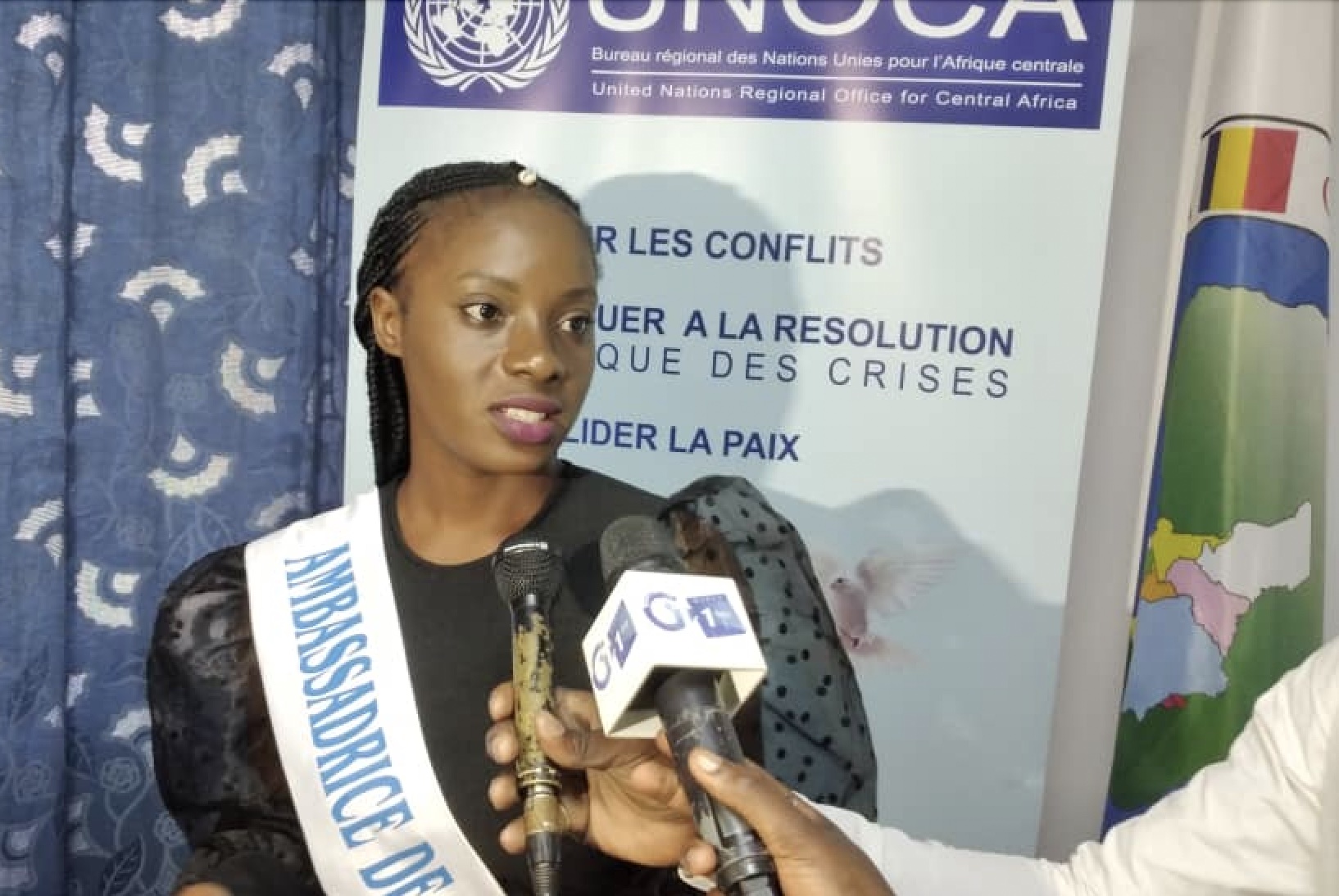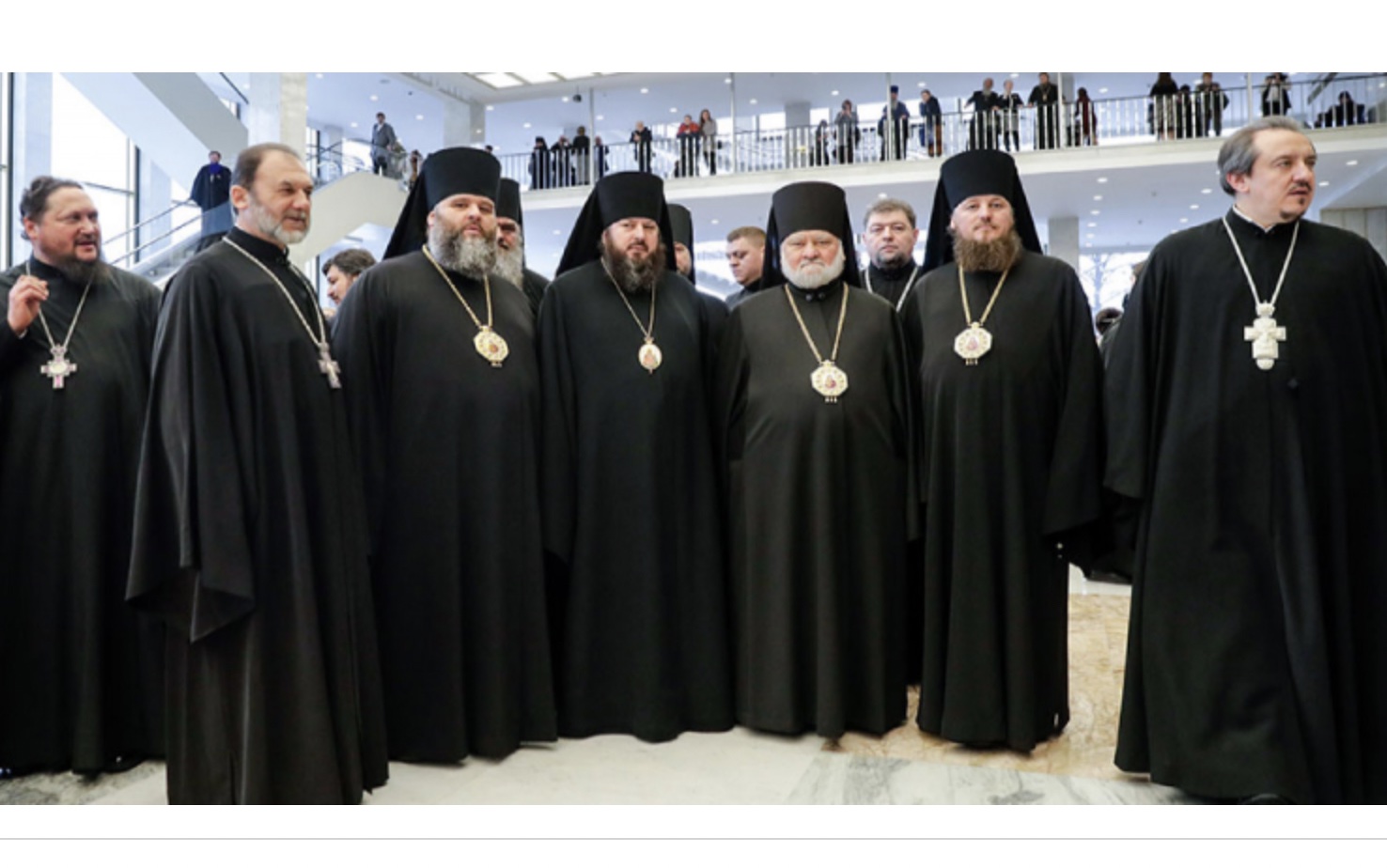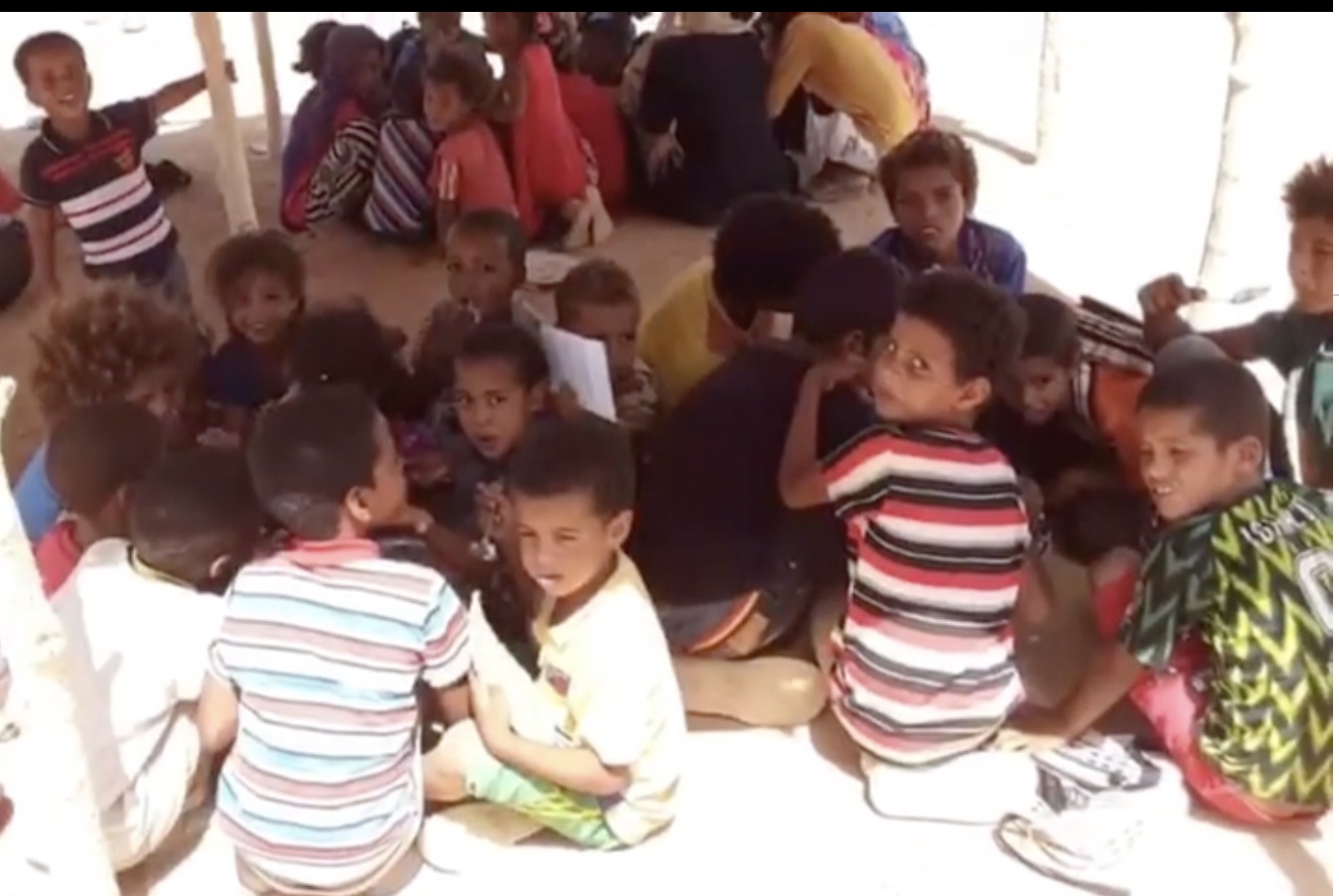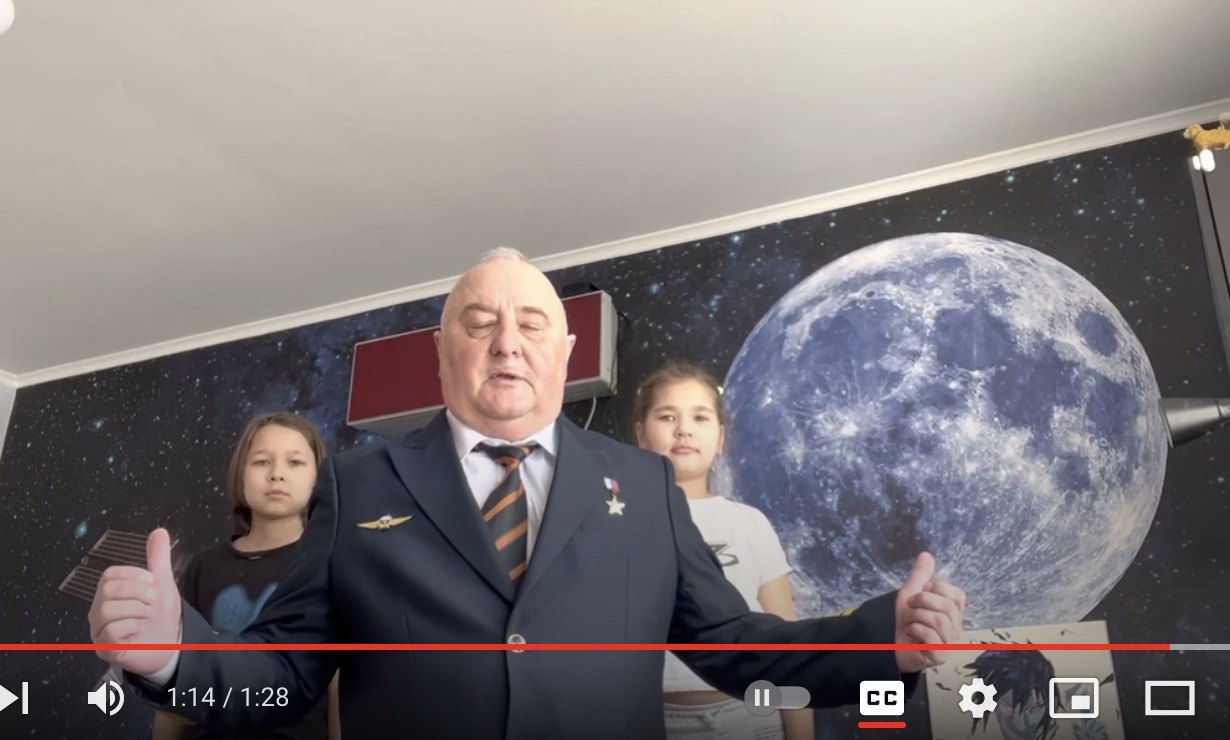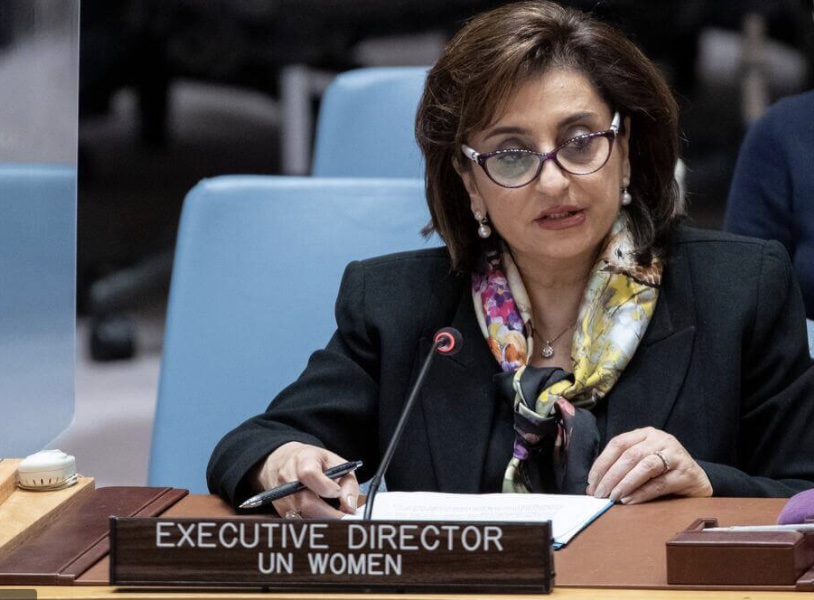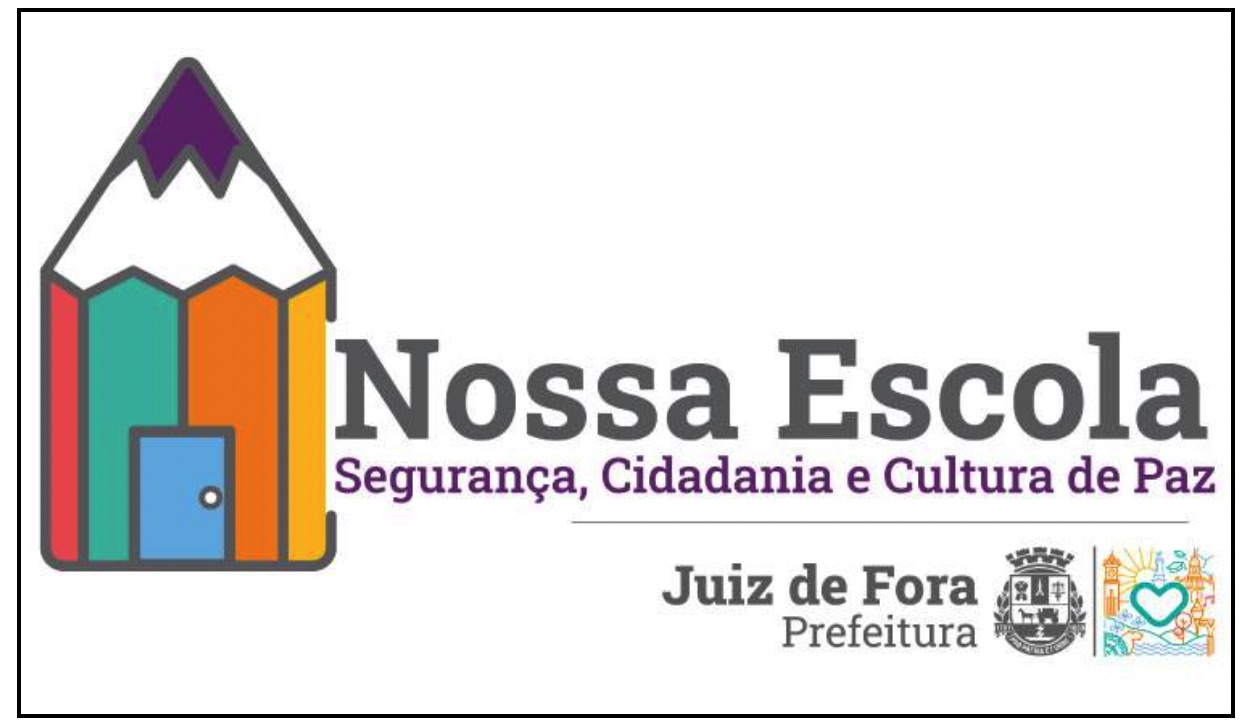As we stated in last month’s bulletin the mass media is jammed with articles about the war in Ukraine, whether Russian atrocities or Western arms being sent to expand the war.
We see our role in CPNN to provide the other side of the news, the mobilization of the peace movement.
Last month we published information from the peace movement on all sides of the conflict. This month there has been an enormous mobilization of the peace movement in Russia opposing their government’s aggression, despite censorship and despite the risks of loss of jobs, destruction of independent media and imprisonment of those who protest. This has been expressed in social media, since mainstream media is government-controlled.
A relatively complete list of Russian petitions, appeals and open letters against the war in social media is published on Google docs and we have reprinted it in CPNN along with frequent updates to overcome the censureship being imposed by the Russian government.
Those aspects of Russian culture that are world-renowned are strongly represented, including science and mathematics, information technology, chess and the arts.
Thousands of Russian scientists have signed an open letter condemning the war and saying that it “means that we, scientists, will no longer be able to do our job normally: after all, conducting scientific research is unthinkable without full cooperation with colleagues from other countries.”
Hundreds of Russian mathematicians have signed a similar open letter, saying that “our many years of efforts to strengthen the reputation of Russia as a leading mathematical center have been completely depreciated as a result of the unprovoked military aggression initiated by our country.”
Tens of thousands of Russian IT workers have signed an open letter, saying that “Progress and development of technologies for the benefit of man are impossible in conditions of war and threats to people’s lives and health, they are possible only in conditions of cooperation, diversity of points of view, information exchange and open dialogue.”
Leading Russian chess players have signed an appeal, saying, “The Ukrainian chess team is the reigning European champion, one of the best teams in the world along with ours. We played dozens of matches and hundreds of games. We have always put the game above politics – and the Ukrainians have responded to us in return. We ask you to give teams, players and ordinary people from both countries a chance for mutual respect. We are for peace. Stop the war!”
Tens of thousands of cultural figures signed an open letter against the war, saying, “the further escalation of the war will have irreparable consequences for artists and cultural workers. This will take away our last opportunities to fully work, speak out, create projects, popularize and develop culture, take away the future. Everything that has been done culturally over the past 30 years has now been jeopardized: all international ties will be broken, cultural private or public institutions will be preserved, partnerships with other countries will be suspended.”
Other aspects of deep Russian culture are also represented, including the Russian Orthodox Church and schoolteachers and the mothers of Russian soldiers.
Many priests and deacons of the Russian Orthodox Church signed an appeal to end the war, warning that “The Last Judgment awaits every person. No earthly authority, no doctors, no guards will protect you from this trial,” and “No nonviolent call for peace and an end to war should be forcibly suppressed and regarded as a violation of the law, for this is the divine commandment: ‘Blessed are the peacemakers.’”
Thousands of teachers from all regions of Russia signed a petition against the war but the names were withdrawn after they were threatened. However, some of the teachers who signed it describe the difficulty they face in responding to students’ questions about what is happening.
The Committee of Soldiers’ Mothers began during the Soviet war in Afghanistan as a network of locally based initiatives led by the families – principally the mothers – of soldiers to lobby the Kremlin for their safe return. They have become the main contact for tearful family members across Russia frantically tried to figure out the fate of their sons, brothers and husbands fighting in the Ukraine. And if there is one thing that can effectively counter the Kremlin’s narrative about its use of force in Ukraine, it is personal knowledge from trusted sources of information – such as the testimony of combatants delivered to their parents. And these parents will share this knowledge with their extended family, with neighbours, with co-workers, and with friends.
A public opinion poll in Russia found 72% support for the Ukraine war in Russians over the age of 50. Their opinion is strongly influenced by state-controlled television. And this coincides with the fact that opinions about the United States and its allies, which were positive 25 years ago, have turned negative in recent years with the increasing menace cf the incorporation of Eastern Europe into NATO.
On the other hand, only 29% of Russians 18-24 years old support the war. They are more influenced by social media than by television. Hopefully, they will join with the Russian cultural figures mentioned above into a peace movement that can help bring an end to the war.
|
FREE FLOW OF INFORMATION |
TOLERANCE & SOLIDARITY |
WOMEN’S EQUALITY |
DISARMAMENT & SECURITY |
|
SUSTAINABLE DEVELOPMENT |
DEMOCRATIC PARTICIPATION |
HUMAN RIGHTS |
EDUCATION FOR PEACE |









